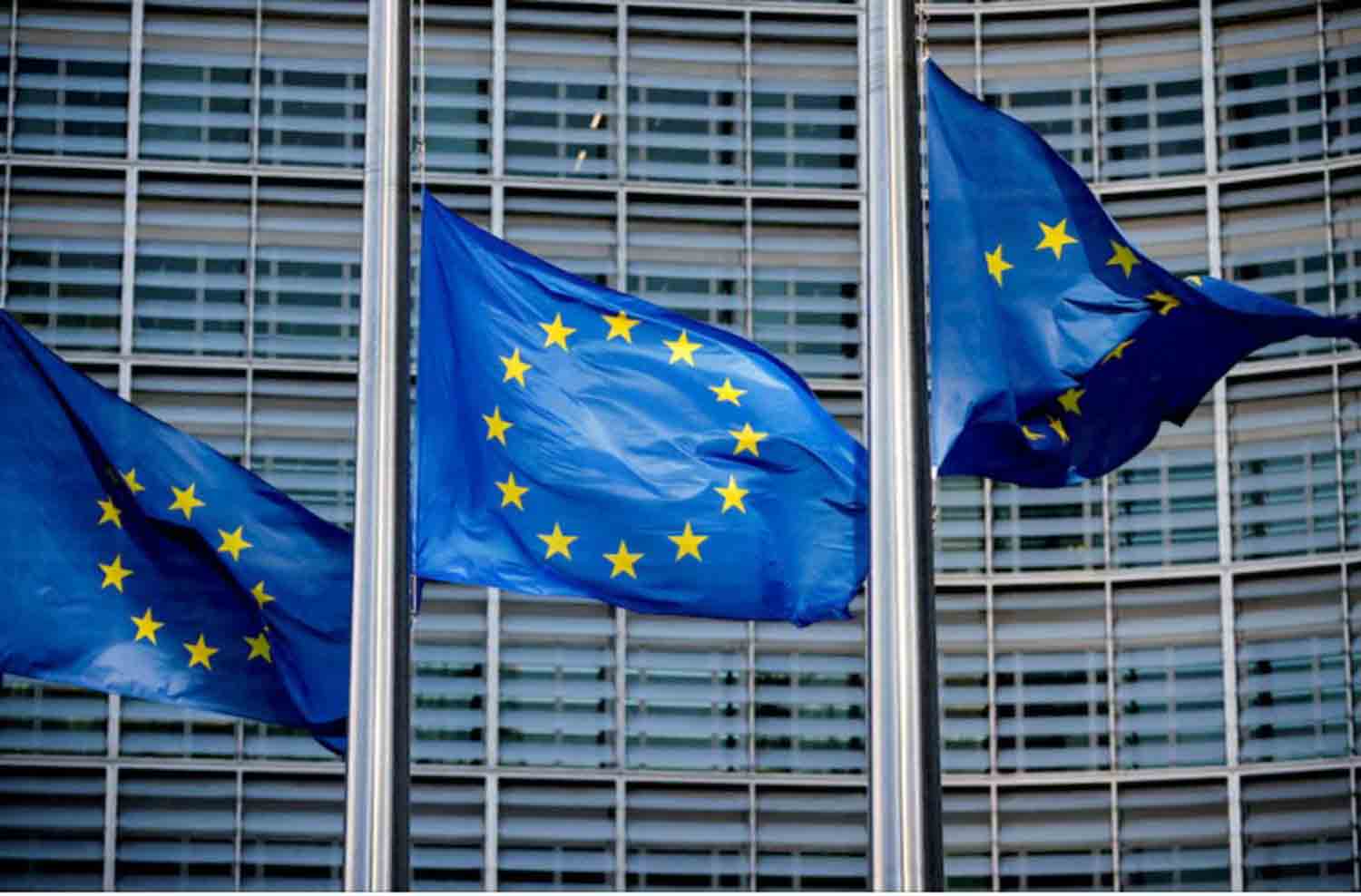North Korea has officially classified South Korea as a “hostile state,” according to a report from its state media on Thursday. This announcement follows the national assembly’s constitutional amendment, which aligns with the leader’s commitment to abandon unification as a national objective.
The KCNA news agency from the North indicated that military forces had destroyed segments of road and rail connections with South Korea on Tuesday, describing this as a justified response to a state deemed hostile under the new constitutional framework.
As a result, 60-meter (66-yard) sections of both road and railway on the northern side of the border have been entirely obstructed, marking a step towards a “phased complete separation of its territory” from the South. KCNA stated, “This is an unavoidable and legitimate action in accordance with the DPRK Constitution, which explicitly identifies the ROK as a hostile state,” referring to North Korea as the Democratic People’s Republic of Korea and South Korea as the Republic of Korea.
KCNA reported a spokesperson from the defense ministry stating that the nation would implement additional measures to “permanently strengthen the sealed southern border,” although no further constitutional amendments ordered by leader Kim Jong Un were mentioned. A satellite image released by BlackSky, captured on Wednesday, revealed significant damage to the road leading to the city of Kaesong, marked by a large crack in the pavement and the surrounding area.
South Korea has “strongly condemned” the proposed constitutional changes and the designation of a hostile state, affirming its commitment to peaceful reunification, as stated by its Unification Ministry, which oversees relations with the North. In January, Kim called for a constitutional revision to remove unification as a goal in relations with the South, accusing Seoul of collaborating with the United States to undermine his communist regime and to clearly define its territorial boundaries.
Last week, North Korea’s Supreme People’s Assembly convened for two days, where it was anticipated that the constitution would be amended to officially recognize South Korea as a separate nation and a primary adversary. However, state media did not report on such an amendment, leading to speculation about a possible postponement of the constitutional changes.
North Korea has previously issued summaries of amendments after several days of delay; however, it was unusual for only one of the anticipated significant changes to be disclosed almost casually, according to Yang Moo-jin, President of the University of North Korean Studies.
As part of the constitutional revisions, it was anticipated that North Korea would redefine its territorial boundaries in a way that contradicts the Northern Limit Line, which has served as the de facto maritime border since the conclusion of the Korean War in 1953.
Yang noted, “They are likely aware of the extreme sensitivity surrounding the west coast border issue,” referencing the waters that have witnessed deadly confrontations in the past.
Tensions between the two Koreas have been rising since last year, with both parties declaring the 2018 agreement aimed at reducing military tensions as no longer in effect.
Recently, North Korea has escalated its hostile rhetoric, accusing South Korea of violating its airspace with drone flights and promising retaliation.
The South Korean government has refrained from confirming whether military or civilian drones were involved in the alleged incursions.
In response to North Korea’s detonations on roads and railways, South Korea’s military fired warning shots south of the border on Tuesday.
Last week, Pyongyang announced its intention to completely sever inter-Korean roads and railways and to further strengthen its positions along the border, marking a shift towards a “two-state” system that abandons its long-standing aspiration for unification.
Discover more from Defence Talks | Defense News Hub, Military Updates, Security Insights
Subscribe to get the latest posts sent to your email.





